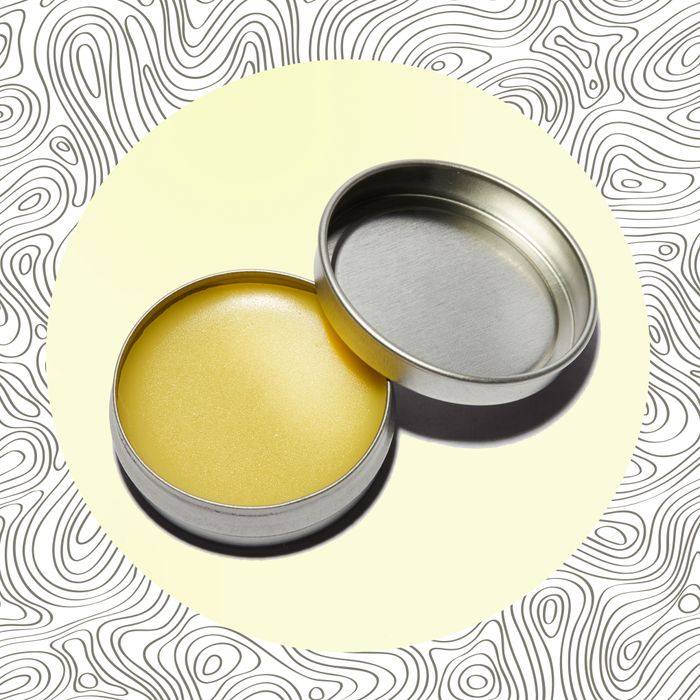
You’ve surely heard the rumors: Lip balm, despite feeling great, doesn’t actually hydrate your lips and could even dry them out in the long run. Claims vary, but most lip-balm detractors say that it makes your lips produce less moisture of their own, so you get “addicted” to it. Could it be true? Why do the things we love hurt us the most?
Dermatologist Dr. Joshua Zeichner offers an explanation. “Normally, your skin responds to its environment, and acclimates and adjusts as necessary,” he explains. “So if you’re changing that environment by adding a layer of moisture, then the skin doesn’t need to work as hard to maintain hydration and barrier function, because there’s an artificial barrier on the skin. If you were to stop using it, and just have your lips exposed to the outside world, you may experience some immediate dryness.”
But there’s no need to toss out our balms and force our lips to fend for themselves. “Even without balm, a lot of us end up with dry lips, so using a balm makes more sense than waiting and hoping that your body eventually produces enough moisturizers on its own,” says cosmetic chemist Dr. Michelle Wong. “Most of us don’t live in the same conditions that humans initially evolved in, so a lot of these mechanisms don’t work as well with modern-day changes in climate, and things like sun exposure and air-conditioning.”
That’s not to say all balms are created equal. “Some balms do contain mildly irritating ingredients, such as salicylic acid or peppermint oil,” says Dr. Zeichner. “These can cause low-level inflammation, which may make the lips feel dry, so then you’re putting on more lip balm to help address that, but the lip balm is actually the source of the irritation. That’s when it turns into a vicious cycle.”
Still, those slightly irritating ingredients can have positive functions, too. Salicylic acid can help exfoliate dead skin from the lips to make them smoother. Peppermint and cinnamon extracts create a mild plumping effect, as the lips swell slightly from inflammation. Aside from checking the ingredients list, you can often tell if a balm has these kinds of ingredients because your lips will probably tingle when you apply it.
Then there’s the other much-maligned lip-balm ingredient: petroleum jelly, a mixture of mineral oils and waxes that has been used to heal cuts and burns since the 19th century. It works by forming a water-protective barrier on skin, sealing in moisture and keeping out germs, and is still widely used in hospitals on post-surgery wounds. Recently, however, it’s gotten a bad rap because it’s a by-product of oil refining, and therefore considered environmentally questionable.
“Because of the clean-beauty movement, people are very afraid of petroleum jelly. They assume it’s the same stuff as basically gasoline or crude oil,” says Dr. Zeichner. However, the substance you’ll find in lip balms isn’t harmful to your body. “The petroleum jelly used in something like Vaseline is triple-purified and cosmetic-grade. It’s safe and effective when applied to the skin,” says Dr. Zeichner.
So there’s some truth to the rumors — balms may make your lips a little bit lazy (the technical term for this phenomenon is a “negative feedback loop,” according to Dr. Wong). But without them, your lips’ best self-moisturizing efforts may still not be enough for your liking. If your lips feel dry, apply some balm! Just make sure you’re prepared to apply it again … and again.
"bad" - Google News
June 15, 2021 at 11:40PM
https://ift.tt/3xmgZRc
Is Lip Balm Actually Bad? - The Cut
"bad" - Google News
https://ift.tt/2SpwJRn
https://ift.tt/2z7gkKJ

No comments:
Post a Comment